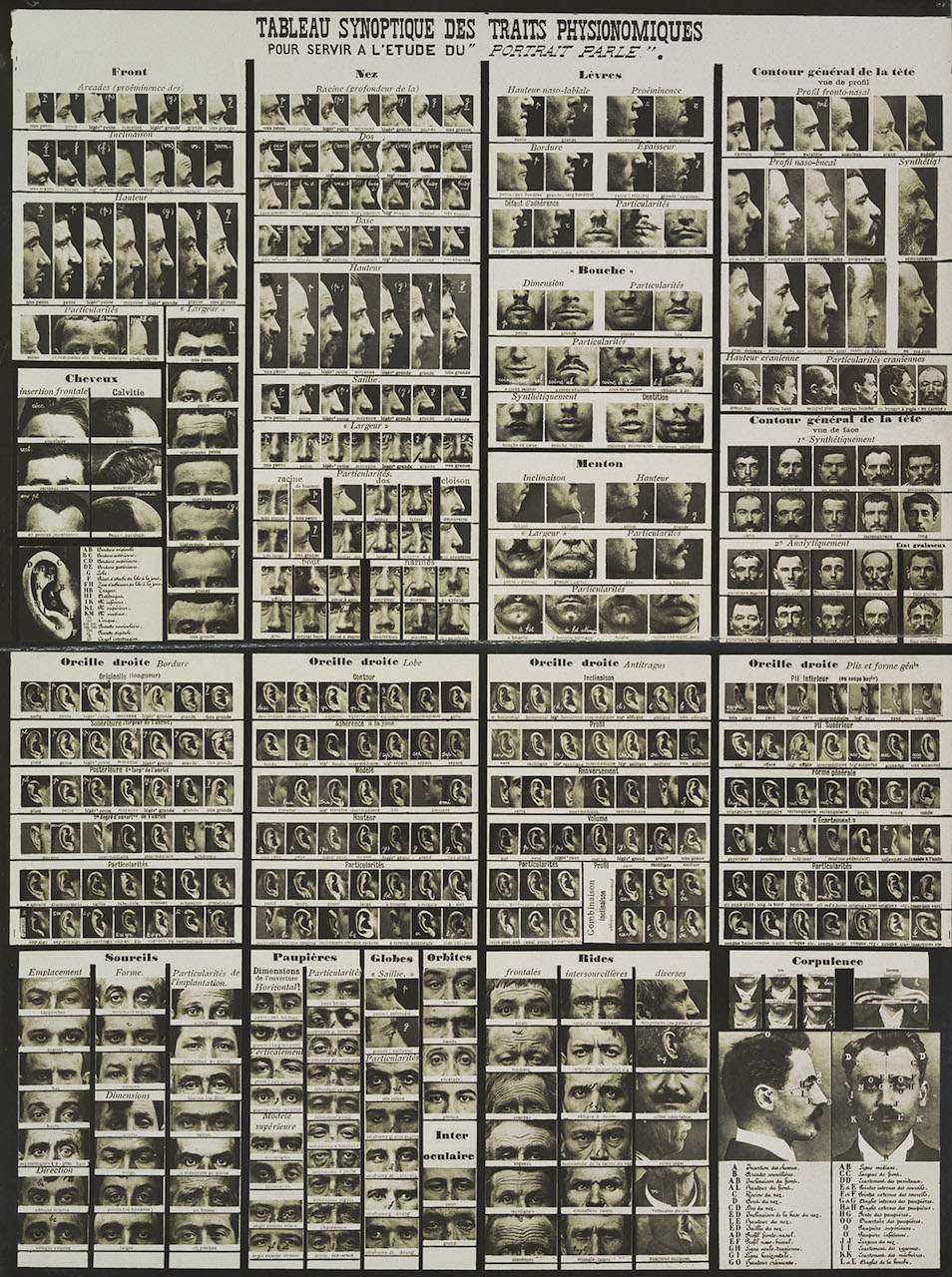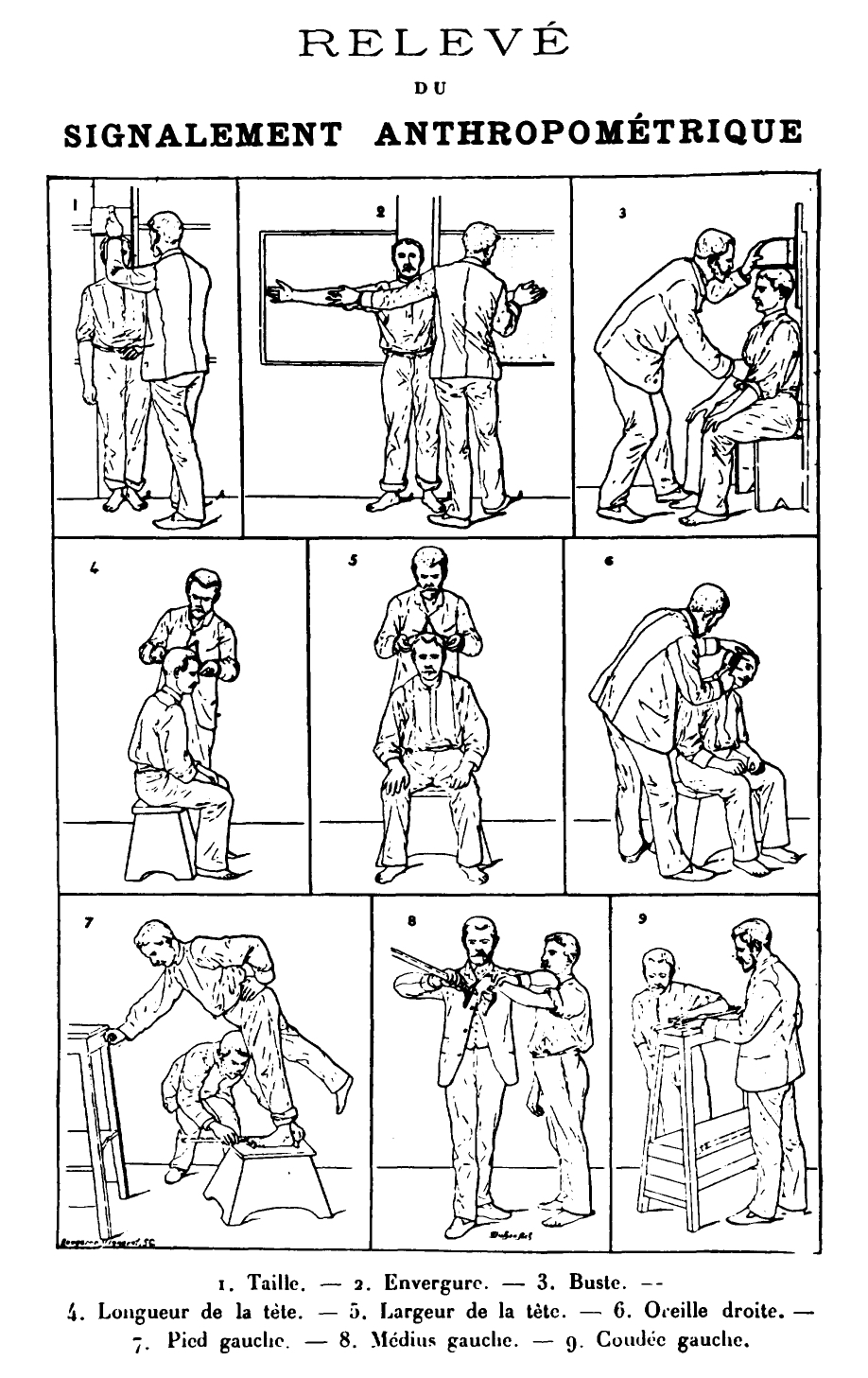Knowledge and/as vision
- Visual was given high priority
- Visual representation remains suspects as a form of knowledge
Visual images are not constructed by a given set of rules
BUT
Graphical representation has encoded and communicated knowledge for centuries
Architecture
-Vitruvius
-its style relied on the use of graphic techniques that supports visual comparison and inscribed features of style, portion, and decoration
Herbalist, astronomers, navigator, etc.
Famous French forensic investigator, Alphonse Bertillon
Graphic methods are crucial to scientific work
recording observation, expressing results, testing hypotheses, formulating projects within the terms of epistemological debate…
Language of form
The "language of graphics" became a language for and of industry
- The distinctive features of late nineteenth century aesthetics and its legacy to twentieth century modernism
- Walter Crane
Present the language of graphics in a formalized way
Dynamics of form/universal principles of design
Attention to composition as an art, not merely a technique
Modernism's codification of visual principles had begun in earnest
The profession of graphic design is taking shape
Donis A Dondis's Primer of Visual Literacy 书
Clear vocabulary and schematic images about basic principles from shape, direction, balance and motion
Anton Stankowski's Visual Presentation of Invisible Processes 书
Graphic design practice suits to information display and analysis
Gestalt principles and tendencies
The existence of certain tendencies in human visual perception
The basic Gestalt principles, proximity, similarity, closure, continuation, common fate and good form
Basic variables and semiotic approaches
Jacques Bertin's seven variables of static graphics
Shape, size, orientation, color, tone, texture, position
Has been adopted by information designers in static and dynamic media
Give control over the production of semantic value
Visual editing/framing and reading
- The study of visual elements and systems in formal terms get augmented when it meet the analysis of narrative sequences and editing practices
The way relations across frames can be structured and read
Online viewing: framing jumping and shifting
Computational processing for analysis and production
We process complicated representations
We understand them as knowledge, communicated and consensual
From formal languages of graphics to graphic formats
- Formalization
An approach to understanding the affect graphics
Alphonse Bertillon
Identification anthropométrique -by Bertillon, Alphonse, 1853-1914



A Chinese School is Using Facial Recognition to Analyze Students’ Behavior